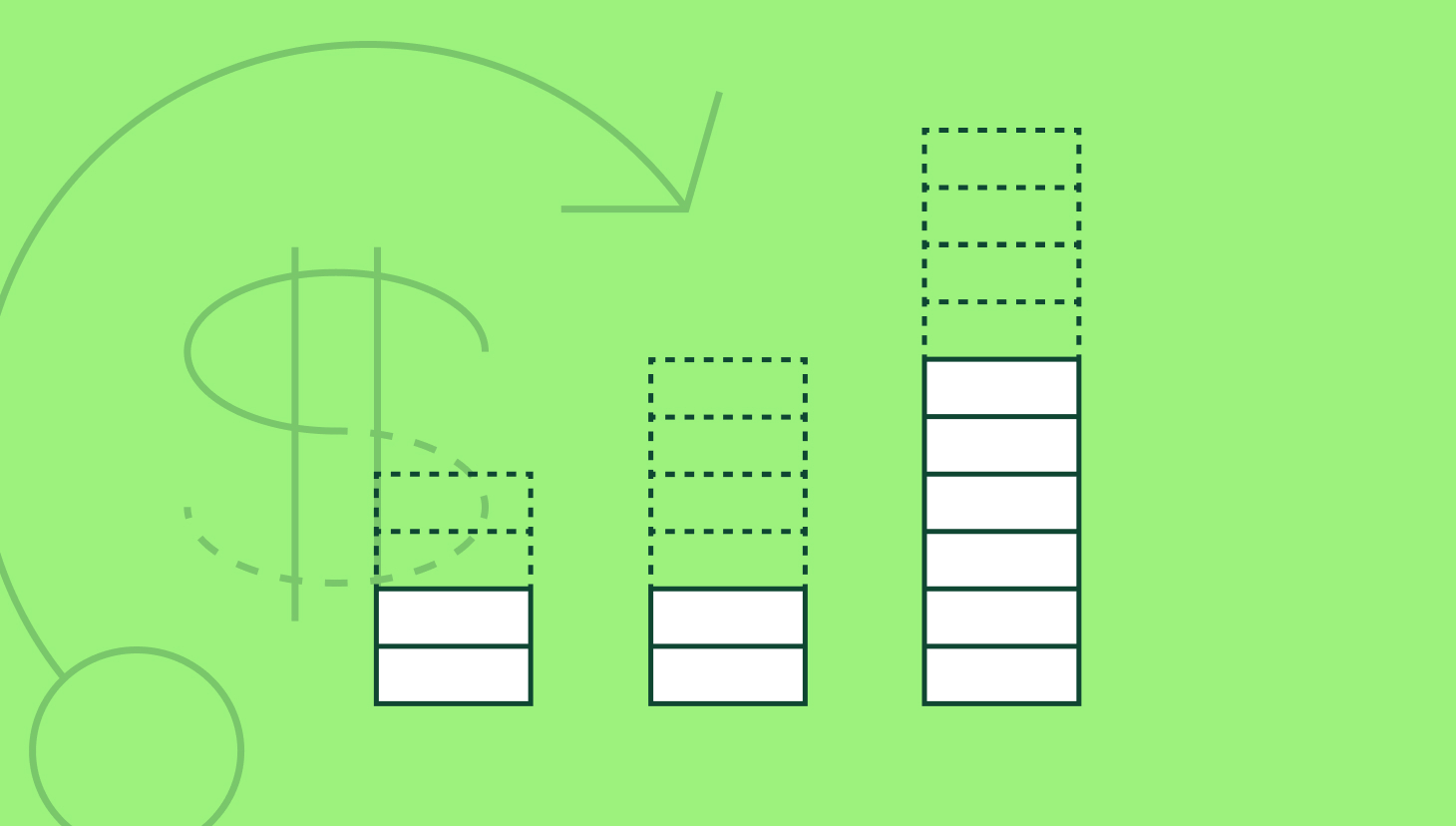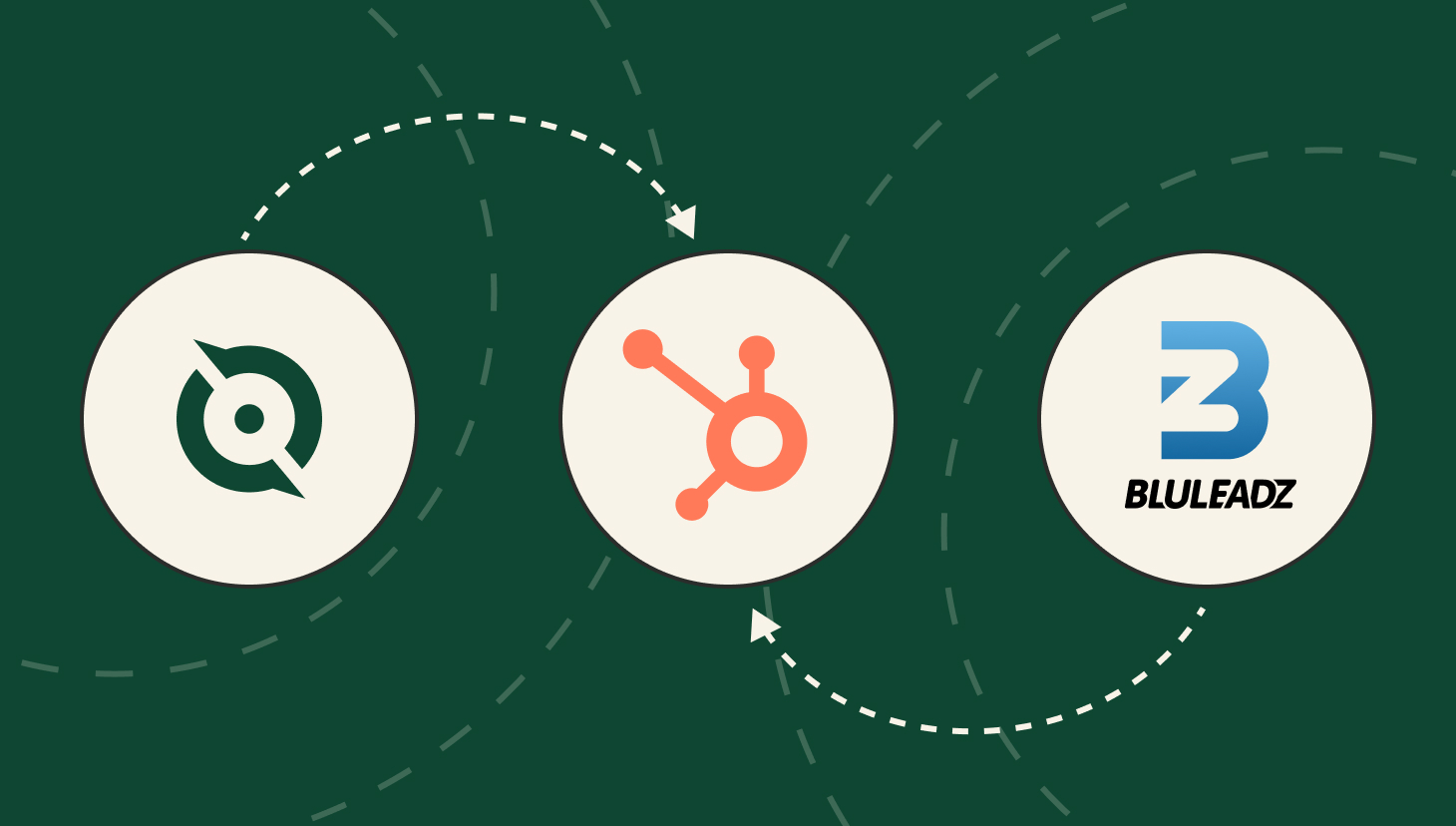Companies with a well-designed sales bonus structure report 50% higher employee retention.
Creating a strong plan is crucial to attract and retain top talent in the competitive SaaS industry, where more open roles exist than highly experienced candidates. Bonus structures also play an essential role in motivating employees and aligning individual performance with company goals.
A bonus structure is an incentive consisting of a designated sum of money awarded when an employee meets or exceeds a target. The key components of a sales bonus structure include target metrics, payout thresholds, and performance periods.
SaaS companies use various bonuses, including performance-based, spot, and profit-sharing bonuses. We’ll define these below.
In this article, we’ll explore various bonus structure examples across different roles in SaaS companies. Remember that bonuses will vary according to the role, such as sales, marketing, customer success, sales managers, or engineering, which we’ll outline below.
Automate Bonus Calculations and Payouts
Use QuotaPath to set your bonuses, measure performance, and automate payouts.
Learn MoreBonus Structure Examples + Definitions
There are various bonus structures you can use in your incentive strategy. Consider these definitions and compensation structure examples as you build your plan.
Performance-based Bonuses:
Three popular performance-based bonuses include a single rate, a single rate attainment point bonus, and a milestone bonus.
Single rate: A quantity-based bonus plan that awards a set dollar amount for each deal a rep closes, regardless of how large or small the deal is. An example of a single rate bonus is when a sales rep earns $200 for each deal they sell.
Single rate attainment point bonus: A single rate, revenue-based bonus plan with a fixed dollar amount awarded per quota attainment point. For instance, under this bonus plan a rep earns $50 per quota attainment point. Therefore, if they achieve 100% of quota by the end of the period, they receive $50 x 100 points, or $5K.
Milestone bonus: A milestone bonus is a fixed amount awarded when a predetermined threshold is achieved or exceeded. This type of bonus is often used to motivate a specific level of achievement, such as hitting quota every month. Therefore, when a rep hits their quota, they earn the milestone bonus. If they fall short, they earn nothing. Then if they exceed quota, they do not earn any additional award in this scenario.
Spot Bonuses
A fixed monetary reward is paid when a specific result is achieved. For example, a new hire receives a signing bonus, or a sales rep is awarded a spot bonus for closing the most sales during a set time.
Profit-sharing
A percentage of a company’s profits over a designated time, such as quarterly or annually. This award is typically offered to management as an incentive and only applies when the company sees a profit.
Try the most collaborative solution to manage, track and payout variable compensation. Calculate commissions and pay your team accurately, and on time.
Start TrialBonus Structure Examples by Roles
Now, let’s do the same but by role.
Sales Bonus Structures
Below are a few of the sales metrics tied to compensation.
- Quota attainment: A measure of individual or team performance compared to sales goals.
- Revenue generated: The total revenue resulting from closed sales during a defined period.
- New customer acquisition: Number of new customers secured during a set period.
- Account expansion/upsell: Revenue growth generated by existing accounts purchasing an additional product or more of the product or service they’re already using.
To pay these out, you could offer:
- Commission-based bonus: The percentage of new sales or exceeding quota triggers a bonus payout. For instance, a 10% commission for exceeding quota by 10%.
- Tiered Commissions: Increasing commission percentages based on exceeding specific sales targets. For example, 10% commission for 100% quota attainment and 15% for 120%.
- Achievement Bonuses: Lump sum bonus for achieving specific goals like landing a large client or opening a new market.
Sales Manager Bonus Structure Examples
There are numerous ways to include bonuses in an incentive plan. Two sales manager compensation structure examples include a milestone bonus as an added incentive with a base plus accelerators plan and a single rate bonus plan.
In the milestone bonus example, a Sales Manager receives a $1000 bonus each time a deal valued at over $50,000 is closed by a team member. The bonus is earned every time a deal exceeds $50,000 however the bonus amount is unchanged even when a deal is $100,000 or greater.
The single-rate sales manager bonus structure pays a designated bonus for each quota point the manager’s team achieves. In this example, the Sales Manager’s bonus percentage is the same as their team’s quota fulfillment. For instance, the Sales Manager earns 93 bonus points when their team achieves 93% of their quota. That’s $250 times 93, or $23,250.
Sales manager compensation plan example: Bonus
-
- Single-rate bonus: $250 per percentage point of attainment
-
- Annual OTE: $200,000
-
- Base:variable: $100,000 / $100,000
-
- Pay mix ratio: 50:50
-
- Rep Quota: 150,000 Quarterly
-
- Annualized Quota amount: $3.6M Annually
-
- Quarterly Team Quota: $900,000
-
- Manager Buffer: 90%
-
- Manager Quota: $810,000 Quarterly
-
- Manager Quota: $3.24M Annually
Marketing Bonus Structures
Next, we’ll take a look at metrics tied to marketing incentive pay.
- Lead generation: Number of new potential customers identified and cultivated.
- Qualified lead conversion rate: The percentage of qualified leads that result in a closed deal.
- Customer acquisition cost (CAC): The total sales and marketing spend to close a deal.
- Marketing qualified leads (MQLs) generated: Leads that have shown an interest and are more likely to buy.
Payout on marketing plans could look like:
- Performance-based: Bonus tied to exceeding goals for lead generation or conversion rates. For instance, a bonus for achieving a 20% increase in MQLs.
- Campaign-specific: Bonus for successful marketing campaigns that achieve specific objectives such as brand awareness or website traffic.
Customer Success Bonus Structures
Customer Success Manager compensation plans can be a bit of a tossup. Let’s start with the most common metrics CSMs are held to.
- Customer retention rate: The percentage of customers you keep compared to the amount you lose.
- Net Promoter Score (NPS): A measure used to assess customer loyalty, satisfaction, and excitement about a company based on a one-question survey inquiring how likely they are to recommend your product or company to a friend or colleague.
- Customer lifetime value (CLTV): The total projected revenue a customer generates throughout their entire relationship with your company.
- Upsell/cross-sell success: Revenue generated from sales of more or additional products to existing accounts.
Now, here are some ways you can pay out according to those metrics.
- Renewal Bonuses: Bonus based on exceeding customer retention targets. For example, a bonus for achieving a 95% renewal rate.
- Expansion Bonuses: Bonus for successfully upselling or cross-selling to existing customers such as a bonus for increasing average revenue per user (ARPU) by 10%.
- Customer Satisfaction Bonus: Bonus tied to achieving high customer satisfaction ratings like NPS scores.
Engineering Bonus Structures
It’s also a best practice to put your Sales Engineer or Solutions Engineer on a bonus structure. Some metrics within their control include:
- Project completion on time and within budget
- Bug fixes resolved
- Code quality
- Innovation and efficiency improvements
As for structuring their payouts, consider:
- Project Milestones: Bonus for achieving key project milestones on time and within budget.
- Innovation Bonuses: Bonus for developing new features or improvements that significantly benefit the product or process.
- Team-based Bonuses: Bonuses awarded to the entire engineering team for achieving collective goals or overcoming major challenges.
Sales Engineer/Solutions Engineer Bonus Example
Team-based bonus structures are common for small solutions consulting or engineering teams with the solutions consultant receiving a commission after the team collectively hits 80% of their quota.
When a sales engineer is assigned to a small group of reps within a larger team the engineer earns a percentage or bonus for each deal the group closes or for every deal they play a role in. Sometimes, the engineer earns a bonus from all deals the group closes even if they aren’t involved.
Company Bonuses
Why not put your entire company on a bonus structure? This helps to align the entire organization toward a key metric of your business. Here are some examples:
Profit-sharing: Bonus pool based on exceeding company-wide profit goals, distributed proportionally among all employees.
Company Performance Bonus: Bonus based on achieving specific company-wide objectives, like reaching a certain market share or successful IPO. For example, at QuotaPath, we have a corporate bonus tied to our North Star metric which is a customer milestone within the product.
Calculate OTE:Quota ratios
Use this free calculator to ensure your reps’ on-target earnings and quotas mirror what they’re bringing in for the business.
Try it NowSetting Bonus Structure Best Practices
These best practices for setting bonus structure will help you prevent major missteps while boosting plan success.
Have a budget: Confirm that there’s room in the overall compensation budget or make the appropriate adjustments before implementing bonuses.
Test extreme payout scenarios: Leverage historical compensation data to test your new bonus structure. Then use pressure testing to prevent overpaying in comparison to annual recurring revenue.
Ensure the bonuses are attainable and competitive: Bonuses must be realistic, achievable, and competitive to be effective. Otherwise, they can backfire by demotivating employees. A couple of ways to gauge how realistic bonuses are is by using our Quota:OTE Calculator and reviewing industry averages to ensure your bonus structure is well aligned.
Ask for team feedback: Meet with qualifying team members to get their input and confirm these bonuses motivate them, otherwise they won’t drive the desired behaviors.
Communicate the structure clearly: Explain plan details in various formats including jargon-free documentation to increase team member understanding and adoption.
Conclusion
Well-designed bonus structures are essential in the highly competitive SaaS industry. They enable companies to attract, retain, and motivate employees while driving business goal achievement.
There are various bonus types and structure examples to suit your business objectives.
QuotaPath partners with organizations to set bonuses that align and drive performance to achieve your key business objectives while measuring outcomes and efficiently running payouts. Schedule time with a team member for help setting your bonus structures today.



